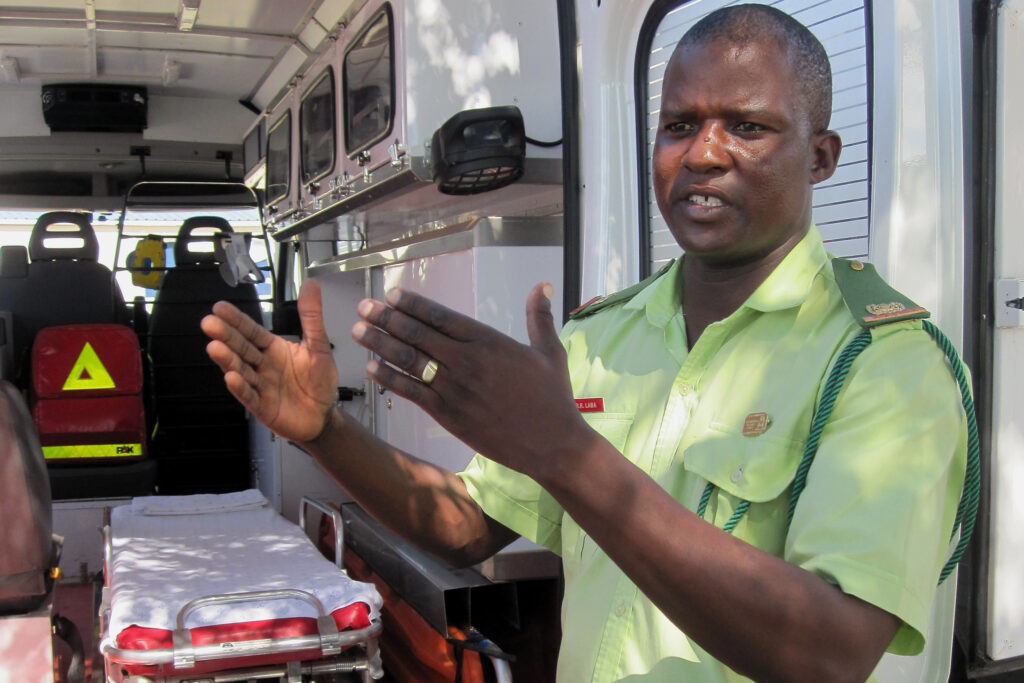COLOMBO AND KANDY DISTRICT, SRI LANKA – Nothing breeds success like success: this goes for terrorism as well.
There is a term that I have come across in terrorism reporting that is very descriptive, but disturbing. That phrase is ‘double tap strike‘. It builds on a similar notion referring to an action where a gunman shoots two bullets in rapid succession at the same target (‘double tap’).
A double tap strike is one where an initial action (military and/or terrorist) is followed very soon after by a second one and is aimed at taking out those – such as first responders – who rush to the initial scene to offer help. To my mind this is a particularly egregious form of violence.

A similar notion, although not perhaps 100% the same, occurs when a terrorist group carries out near simultaneous attacks on similar targets. This is what the Sri Lankan Liberation Tigers of Tamil Eelam (LTTE) did in today’s featured attack.
On this day in 2008
Bomb attacks on two commuter buses in Sri Lanka killed 22 people and injured another 100. The first of them hit a vehicle in a suburb of the capital city of Colombo, while the second struck in the central hill district of Kandy. The Colombo bus was targeted by an improvised explosive device (IED) while the latter had been placed within the vehicle.
I was standing in the middle of the bus when there was a loud noise and the whole bus toppled to the side. I blacked out for a while. There was black smoke, people were dead around me. I shouted for help and someone pulled me out.
Passenger
The LTTE did not claim immediate responsibility but the attacks bore their hallmark. Carrying out two such actions in close proximity to one another strains resources and results undoubtedly in more casualties. This may not constitute a classic ‘double tap’ but it has the same consequences.
Read More Today in Terrorism
May 31, 1906: Spanish anarchist bombs royal wedding
On May 31, 1906 a Spanish anarchist threw a bomb hoping to hit King Alfonso XIII, killing 24 and wounding more than 100.
May 30, 2009: Anti-government group bombs TV station in Ecuador
On May 30, 2009 two pamphlet-bombs exploded outside an Ecuadorian TV station and ministry: no victims or significant damage ensued.
May 29, 2016: ISIS uses chlorine gas in terrorist attack
On May 29, 2016 35 civilians were wounded in an ISIS attack using rockets containing chlorine gas in Iraq’s Nineveh Province.

